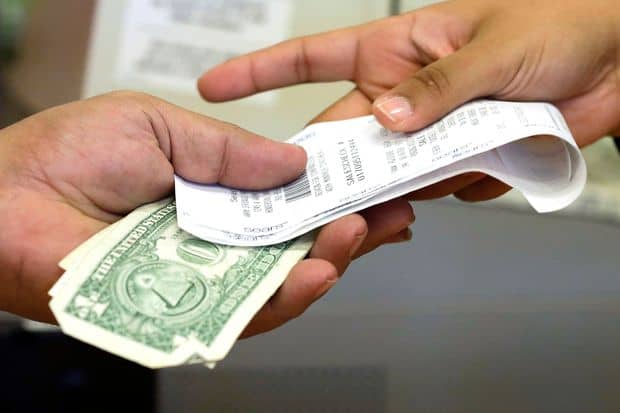Mortgage rates dropped to a new record low in July, while consumer spending continued to exceed expectations. But the latter has been overshadowed by concerns over the continued spread of COVID-19.
Not surprisingly, consumer spending dropped off sharply in March and April, as economies shut down in an effort to slow the spread of the virus. But as economies began reopening, a swift rebound ensued, with the latest results showing consumer expenditures well beyond what was predicted. In June, retail sales jumped 7.5% compared to May. With consumer spending accounting for 70% of economic activity in the U.S., retail sales data is an accurate reflection of current financial conditions.
So, what does this mean for the housing market?
Mortgage giant Freddie Mac has gone on record as stating that those historically low rates are leading to increased demand among potential homebuyers in a real estate market that has already been dealing with tight inventories in many areas, even before the pandemic. However, if surges in the number of coronavirus cases continues to climb, that could lead to a stall in economic recovery and even permanent job loss, weakening demand.
In the meantime, the housing market has been recovering well. In June, housing starts rose 17% since May. Building permits, a leading indicator of future construction, was up only modestly from May, indicating a stronger resale market compared with new builds. The National Association of Home Builders (NAHB) housing index shows home builder confidence shot up from 58 to 72 in June, far above the forecast.
Several of the larger home-building companies have commented they are bringing workers back, while disrupted supply chains are being restored as quickly as possible to meet the growing demand for homes. Since resale home inventory is lacking in many areas, positive news from the building community has been very welcome in some areas.
The pandemic is having an economic impact around the globe. European economic growth is expected to decline by 8% to 10% this year. A meeting Thursday of the European Central Bank (ECB) revaled no policy changes and no significant surprises. The ECB is the primary bank for the euro and one of the largest monetary areas in the world. ECB officials indicated they expect rates to remain at their “present or lower” levels until they see the outlook for inflation rise to their target level of 2%.
In the Markets
Last week saw 10 year Treasury bonds fall 0.02. The Dow Jones Industrial average climbed 600 points, while the NASDAQ fell 200.
Looking Ahead for July 20th- July 27th
Investors will continue to monitor news of a vaccine or effective treatment, along with watching for actions by the Feds and movement on government stimulus programs. They’ll also be keeping an eye on whether states end up closing down parts of their economies in the wake of escalating cases.
Existing home sales numbers will be released on Wednesday and new home sales on Friday, while current jobless claims will be released on Thursday.
Please call our office at 239-514-2674 for a rate quote, alternately you can apply now for a fast loan prequalification!
Disclaimer: This content is for informational purposes only. Our blog is an opinion about current market conditions. NMLS #1743702 Rates, Programs, Guidelines are subject to change without notice.


